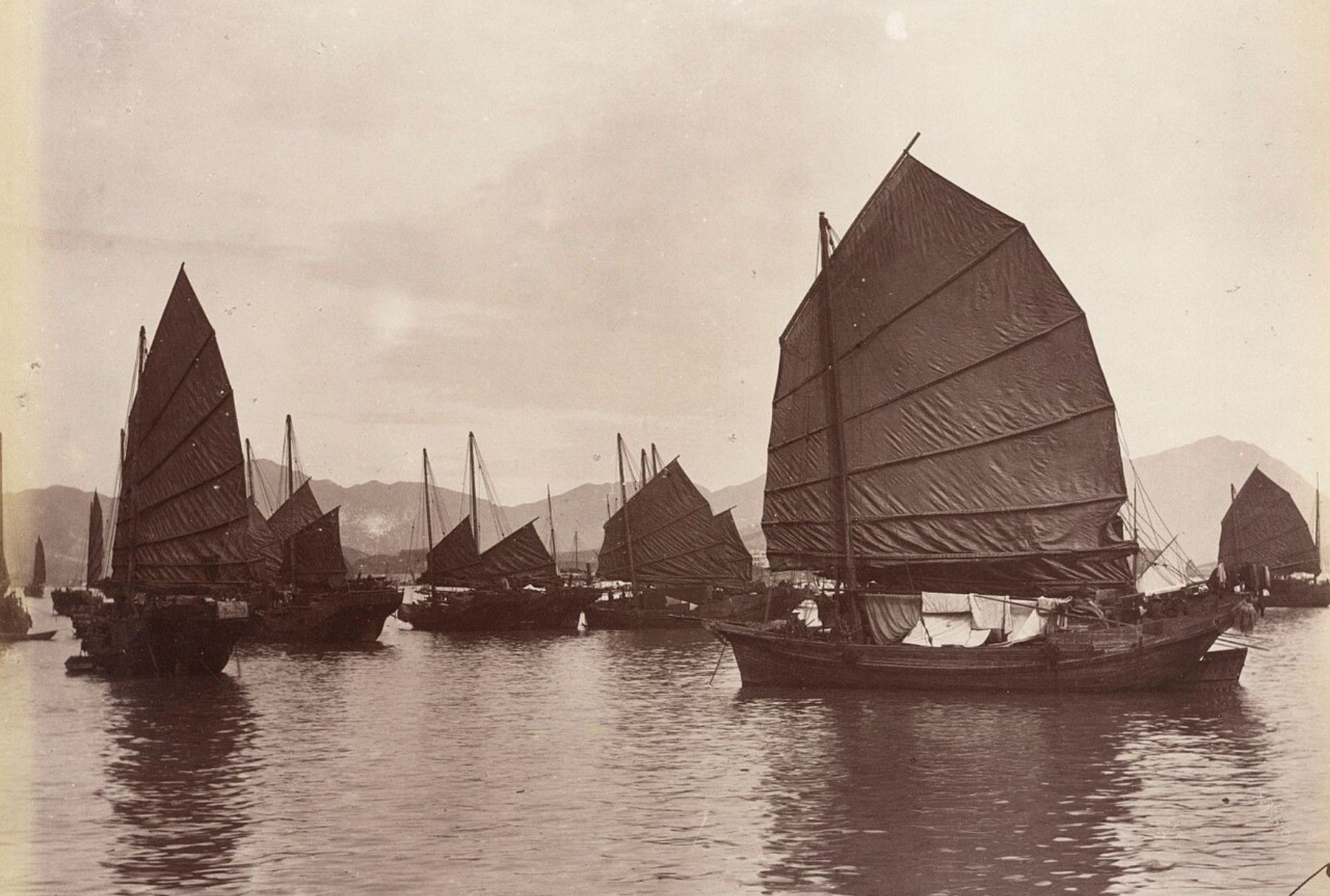Groundbreaking Symposium Honours Legacy of Beiyang Sailors
'Bridging Seas and Centuries: The Beiyang Sailors Legacy Symposium' took place at Newcastle University Business School on 21 and 22 July 2025. It brought together leading scholars, heritage professionals and community stakeholders to explore the enduring maritime legacy of Chinese sailors in the North East of England.
28 July 2025
The two-day event was co-organised by the Confucius Institute at Newcastle University, Xiamen University and the Beiyang Fleet Heritage Foundation UK. The event was also supported by the Consulate General of the People's Republic of China in Manchester, Newcastle City Council, NorthStandard, North East Museum, Discovery Museum, the China Foundation for Cultural Heritage Conservation and other institutions.
The importance of the event is anchored in the little-known, but deeply significant, history of the Beiyang Fleet Sailors Cemetery located at St. John’s Cemetery in Elswick.
Newcastle remains a key city in the legacy of China’s Beiyang Fleet. After the first Sino-Japanese War in 1895, the Qing government continued to order warships from Armstrong Shipyard and sent naval trainees to the city. In 1911, Chinese naval captains attended King George V’s coronation before heading to Newcastle, where, led by Officer Biguang Cheng, they restored gravestones of fallen sailors at St. John’s Cemetery, the first known restoration of a Beiyang Fleet grave.
Over time, the graves fell into disrepair. However, in 2016, a major restoration began, supported by local Chinese organisations, and was completed in 2018. Since then, Newcastle’s Chinese community has held annual memorials at St John’s Cemetery to honour the sailors and reflect on the site’s heritage.
In 2024, the discovery of a sixth grave, belonging to sailor Zhaogong Gan, marked a new chapter. The site has since attracted growing attention from researchers and cultural groups, becoming an important symbol of Sino-British history and heritage.
The symposium event highlighted how global connections and forgotten narratives continue to shape cities, identities, and international relationships. With contributions spanning history, archaeology, heritage management, intercultural communication, and urban studies, the event opened new conversations on how we remember and reinterpret industrial and maritime pasts in a changing world.
A milestone for regional and international dialogue
The opening ceremony of the symposium was attended by high profile guests including Consul General Rui Tang, Consulate General of the People’s Republic of China in Manchester; Jennifer Hartley MBE, Assistant Director of Capital Investment and Growth, Newcastle City Council; and Professor Christopher Whitehead, Interim Pro-Vice-Chancellor for Global at Newcastle University.
Over the course of the two days, participants engaged in thematic discussions covering memory and maritime heritage, language and cultural exchange, heritage governance, and tourism and urban futures. The sessions drew on case studies and practical insights from both the UK and China, with perspectives ranging from historical and sociological to digital, artistic and community-based.
Attendees visited the Beiyang Fleet Cemetery to explore its historical significance, followed by a trip to Newcastle’s Discovery Museum, which offered deeper insights into the region’s industrial and maritime heritage.
The event also addressed wider issues around how heritage is preserved, interpreted, and connected to contemporary urban planning and policy, particularly in light of evolving UK and China relations.
Honouring history in a space for the future
Hosting the symposium was a significant moment for Newcastle University Business School, which continues to build its reputation as a civic and global hub for thought leadership, community engagement, and interdisciplinary collaboration. The School provided not only a venue, but a platform for dialogue that was both respectful of the past and ambitious about the future.
Dr Yin Liang, event lead and Lecturer in Human Resource Management at the School, organised the event in collaboration with the Confucius Institute.
Dr Liang said: “This symposium was more than an academic gathering – it was a bridge between China and the UK, across time, disciplines and sectors,
By revisiting the shared maritime cultural heritage of China and the UK, we not only reconnected with the legacy of the Beiyang Sailors, but also created a platform for dialogue among academics, heritage professionals, policy makers, and community stakeholders on how history, memory and management intersect in shaping contemporary intercultural cooperation.”
Attendees included academics and postgraduate researchers, museum and heritage professionals, policy makers, city planners, and cultural organisers – all united by a shared interest in how transnational histories are remembered and reshaped in modern society.
As the symposium came to a close, it left behind more than reflections; it sparked new connections, research ideas and community partnerships that will continue to grow long after the final session ended. The event not only honoured the legacy of the Beiyang Sailors but also reaffirmed the power of place, memory and intercultural understanding in shaping our shared future.
For more information on the history behind the Beiyang Sailors and the significance of this memorial symposium, read the full feature published by Newcastle University.
